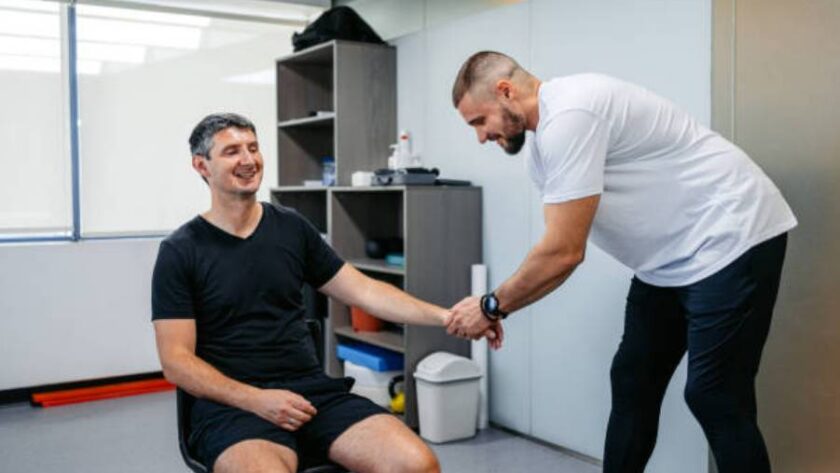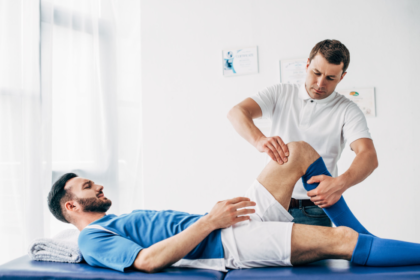Whether it’s a weekend warrior going for a personal best or a seasoned athlete training for the next big event, sports injuries can sideline anyone. Fortunately, effective recovery strategies, especially those overseen by professional therapists, can make a significant difference. This blog post delves into the common sports injuries and how approaches like sports physio Northcote and physiotherapy Fairfield play a pivotal role in healing and enhancing athletic performance.
What to Expect in Recovery?
Sports physio Northcote and physiotherapy Fairfield offer specialized care that starts with accurately diagnosing the extent of an injury and progresses through personalized recovery plans. From sprains to more serious injuries, physiotherapy has been scientifically shown to be crucial in helping athletes regain strength and functionality. This post will explore different injuries, discuss treatment options available, and how they integrate into recuperative strategies that help maintain long-term health and readiness for future physical challenges.
Understanding Common Sports Injuries
Several injuries are particularly common among athletes:
- Strains and Sprains: These are perhaps the most common and involve stretching or tearing of ligaments (sprains) and muscles or tendons (strains).
- ACL Injuries: Particularly in sports requiring quick direction changes.
- Meniscus Tears: Common in contact sports and those involving heavy lifting.
- Tennis Elbow: A repetitive strain injury that also affects non-athletes.
Each of these injuries requires a nuanced approach to treatment, something that facilities specializing in physiotherapy Fairfield are well-equipped to provide.
How Does Physiotherapy Help?
- Pain Management: Through techniques like manual therapy and modalities such as ultrasound and electrical stimulation, pain is significantly reduced without excessive reliance on medication.
- Restoring Function: Physiotherapists work to restore function by focusing on the specific mechanisms of the injury. This might include exercises to improve mobility, strength, and coordination.
- Prevention of Further Injury: By educating athletes on proper form and providing exercises that strengthen the vulnerable areas, physiotherapists help minimize the risk of future injuries.
- Performance Enhancement: Beyond rehabilitation, physiotherapists can also help athletes enhance their performance by focusing on biomechanics, proper alignment, and muscle balance.
Case Studies and Statistics
Research indicates that incorporating physiotherapy after an ACL injury not only speeds up the recovery time by 50% but also reduces the chances of a recurrence by 75%. Local case studies, including several managed within sports physio Northcote services, show similar success rates, with athletes returning to their pre-injury levels of sport and even excelling further.
Conclusion
Understanding the role of physiotherapy Fairfield and sports physio Northcote in dealing with sports injuries gives athletes a significant advantage in recovery. Not only does physiotherapy aid in quicker rehabilitation, but it also equips athletes with the tools to prevent future issues and compete at their best. For anyone facing sports injuries, consulting a reputable physiotherapist can be the crucial first step towards a safe and effective return to sport.





